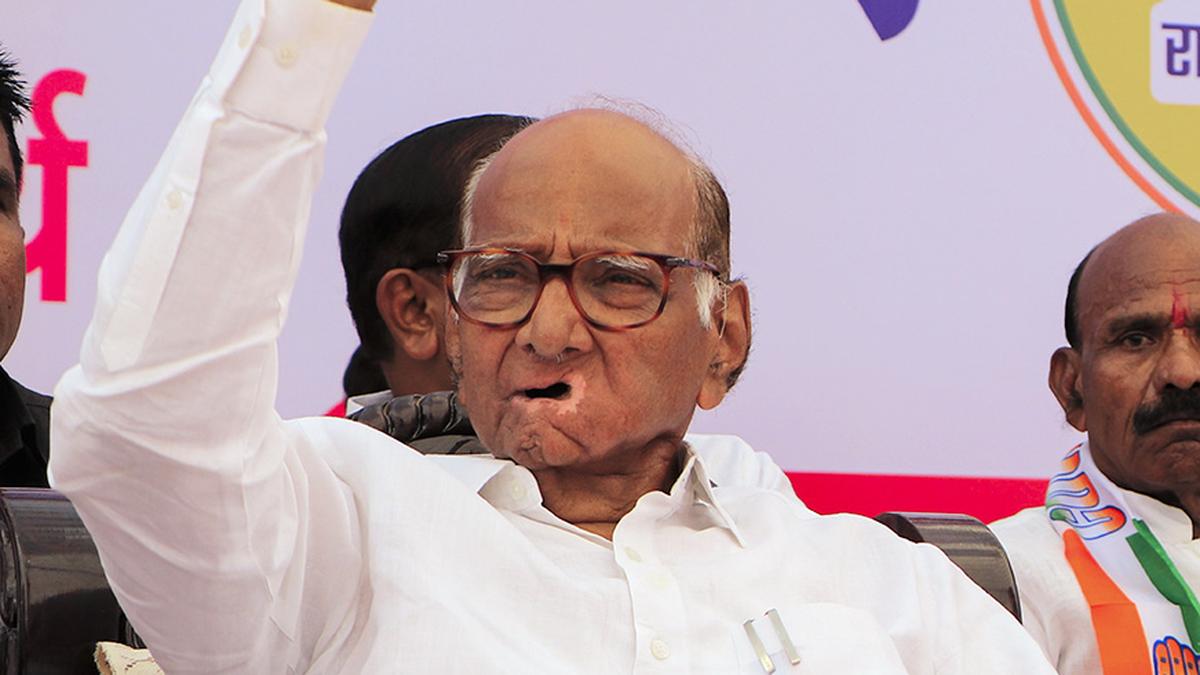In present times, several governments across the world are exhibiting strong nationalist, populist, and authoritarian tendencies – characteristics associated with fascism. In these countries, political opposition is suppressed, media tightly controlled, minorities stifled, and a right-wing agenda thrust upon people. Why do people cosy up to fascist ideologies?
In his seminal book, The Anatomy of Human Destructiveness and Escape from Freedom, the distinguished psychoanalyst and social psychologist Erich Fromm explores fascism's emergence from the murky depths of societal discontent and individual psychological quirks.
What Turns One Into a Fascist?
Then there are individuals who are predisposed to seek strong leaders and authoritarian structures. They tend to be rigid in their thinking and cannot stand uncertainty. Conformity is their middle name. They would rather drown in a sea of certainty than dip their toes in the murky waters of ambiguity.
Every society has people who consider themselves "nationalists”. These proud purveyors of patriotism, marching to the beat of war drums, with chests puffed up like overinflated balloons, are easy prey for fascist propaganda, swallowing rhetoric about national glory and cultural supremacy.
The fearful or insecure lot are another bunch of individuals drawn to fascist ideology. They have a strong need for security and a sense of belonging. Feeling alienated and disconnected from society, they seek the warm embrace of a collective identity.
When Governments Uphold Fascist Ideologies
And then there are the rebels, the ideological cowboys galloping towards stampeding mainstream politics. Tired of the same old song and dance, they are ready for a revolutionary remix, and fascism has gotten just the beat they are looking for.
Fascist ideologies which offer radical solutions and a sense of revolutionary fervour appeal to such people.
Having spent my teenage years from 1969 to 1974 in West Germany, I got some insight into Fromm’s social, psychological, and historical factors that contributed to the emergence of fascist forces – the Nazis in Germany.
It is concerning to see echoes of that troubling period resurface in contemporary governance across the world.
Today, governments and leaders that exhibit strong nationalist, populist and authoritarian tendencies - characteristics associated with fascism include Alexander Lukashenko in Belarus, Vladimir Putin in Russia, Xi Jinping and the Communist Party of China, Recep Tayyip Erdoğan and his Justice and Development Party (AKP) in Turkey, Mateusz Morawiecki and his Law and Justice Party in Poland, and Viktor Orbán and his right-wing Fidesz party in Hungary.
Hang on! Did I miss someone?
Indeed, I did: Respected Comrade Kim Jong Un of North Korea.
(Akhil Bakshi, an author and explorer, is a Fellow of the Royal Geographical Society and Explorers Club USA, and Editor of ‘Indian Mountaineer’. He is also the founder of Bharatiya Yuva Shakti, an organisation that ensures good leadership at the village level. He tweets @AkhilBakshi1.)
(At The Quint, we are answerable only to our audience. Play an active role in shaping our journalism by becoming a member. Because the truth is worth it.)

 1 week ago
95
1 week ago
95


